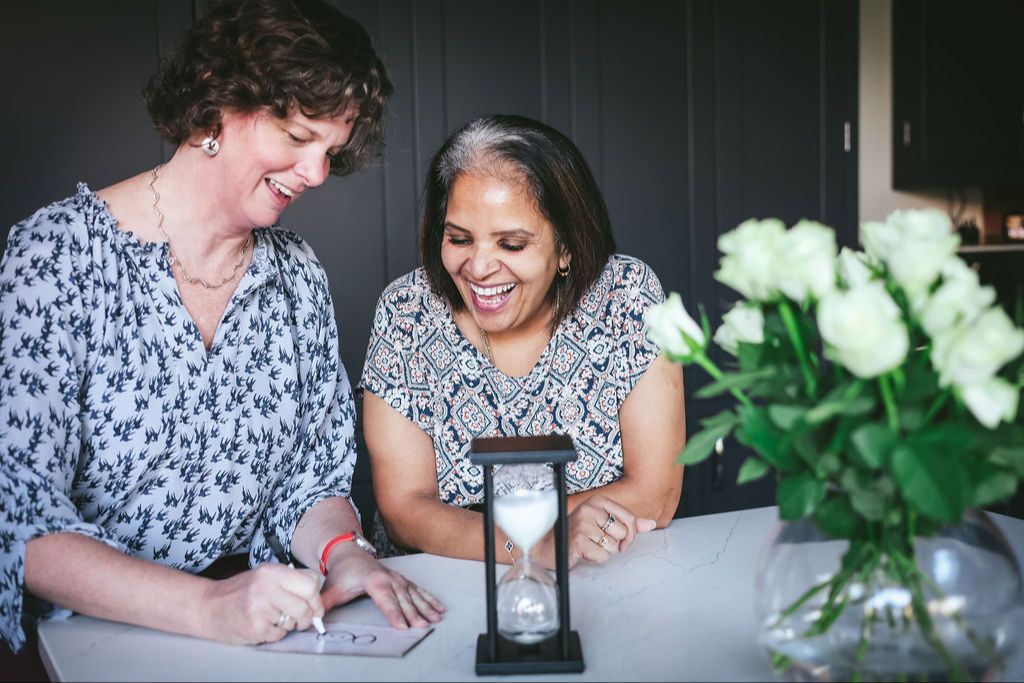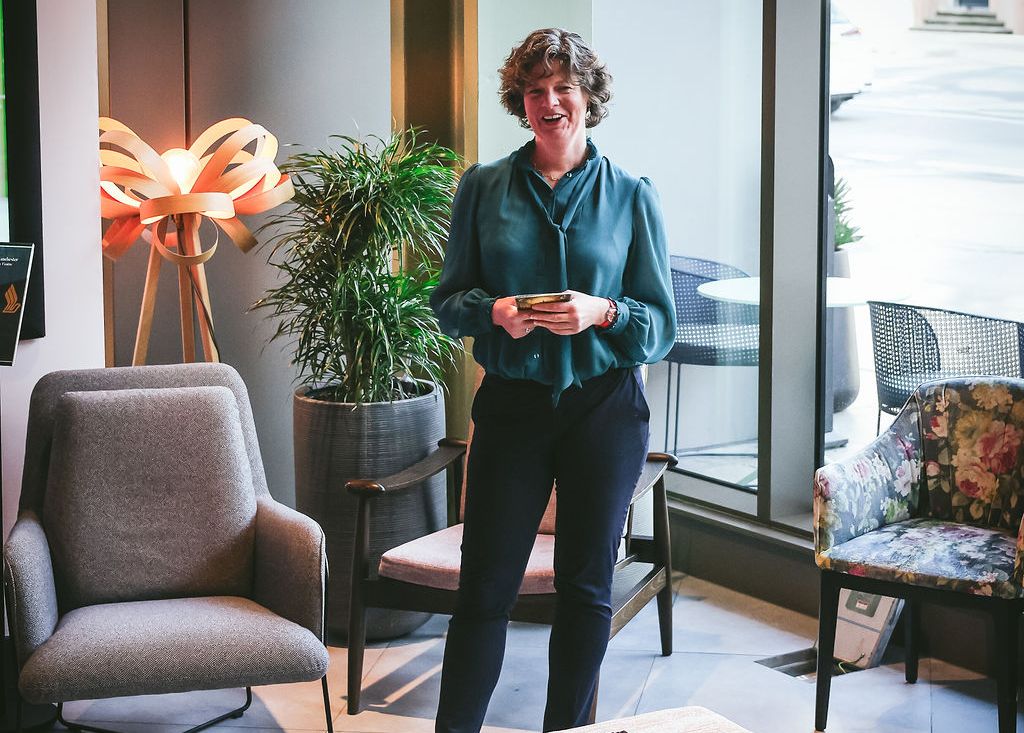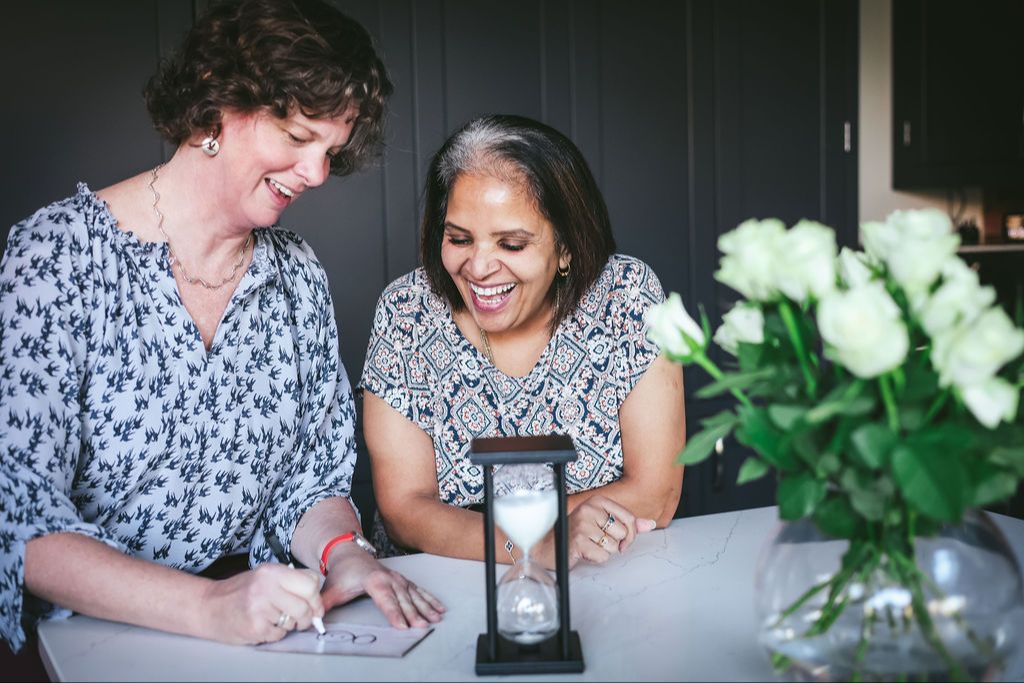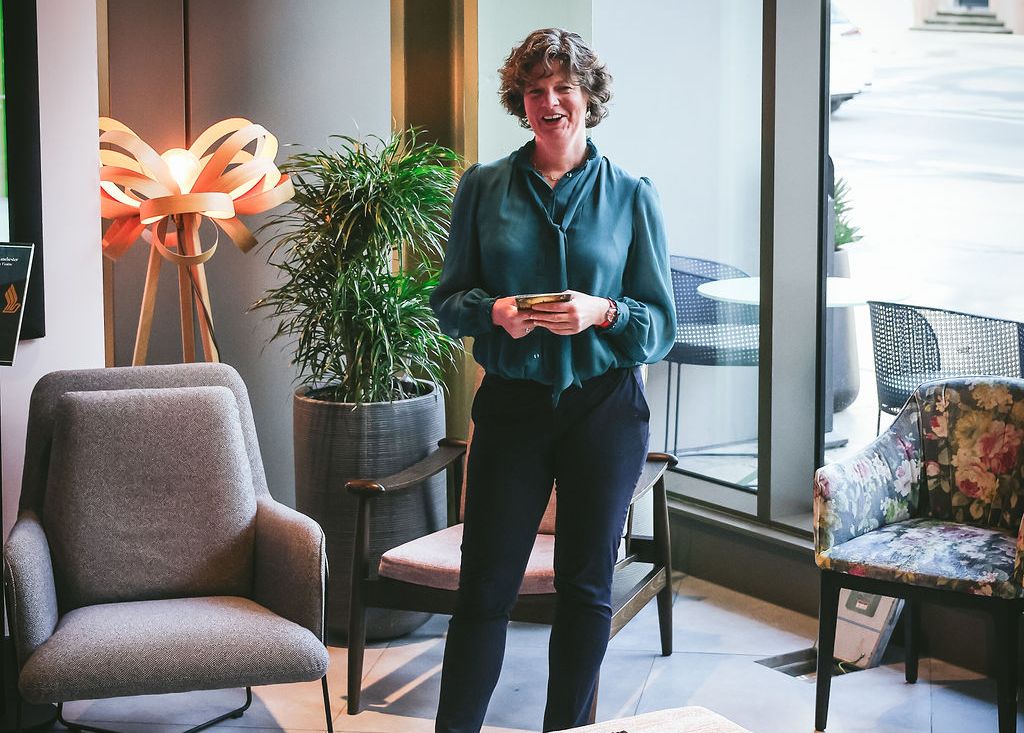How Storytelling Helps Children Heal from Adverse Childhood Experiences
Sep 10, 2025
Nearly half of adults in Gloucestershire report having experienced at least one Adverse Childhood Experience in childhood. One in ten report four or more, a level associated with significantly increased risk of mental illness and poor life outcomes. These are not just difficult memories. They are experiences that rewire developing brains, embedding stress responses that can persist throughout life.
But early trauma does not have to define a child's future. And early intervention does not have to wait for a therapist's appointment that may be two years away.
When children narrate experiences, whether through words, art, or imaginative play, they engage neural pathways that help transform painful memories into coherent narratives. They reclaim a sense of identity and agency. They move from "things happened to me" to "I survived and learned." Storytelling becomes the bridge between silence and the beginning of healing, and it is something a classroom teacher can offer every week.
In StoryQuest sessions, children tell stories aloud while a partner scribes. They own their narratives completely. There is no right way to tell a story. Every story gets published and celebrated. Children processing difficult home situations create heroes who face fears and find courage. Children carrying emotions they cannot name write characters who learn to ask for help. The metaphor carries what the direct words cannot.
Across 465 children in 9 schools, the research documents 100% positive engagement, including children with identified trauma histories, SEND, and EAL. Zero behavioural incidents across all sessions. Teachers report emotional regulation improvements and children developing vocabulary for feelings they had not previously been able to express. Children who had been entirely disengaged from school asked to stay behind to continue writing.
Gloucestershire's ACEs strategy calls for more trauma-informed settings across education, health, and community support services. StoryQuest is not therapy. It does not replace clinical support when children need it. But it creates weekly conditions where children feel heard, where their creative choices matter, and where healing can quietly begin. That is precisely the kind of early intervention the strategy is asking for.
As Kate has said: "Healing doesn't always begin in a therapist's office. Sometimes it begins with a child being told: your story matters."
Every child who's experienced adversity deserves spaces where their voice matters, their creativity is celebrated, and their story can be safely told.





